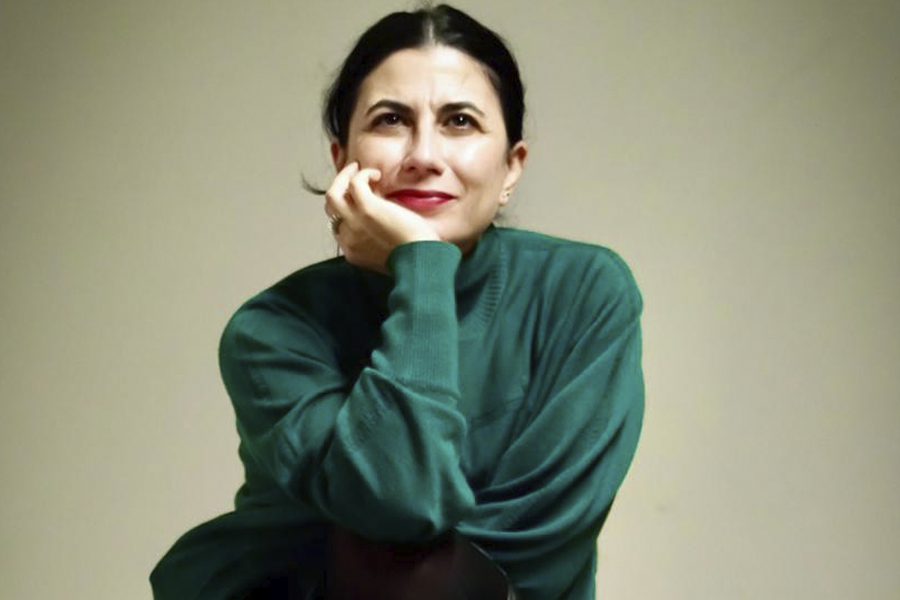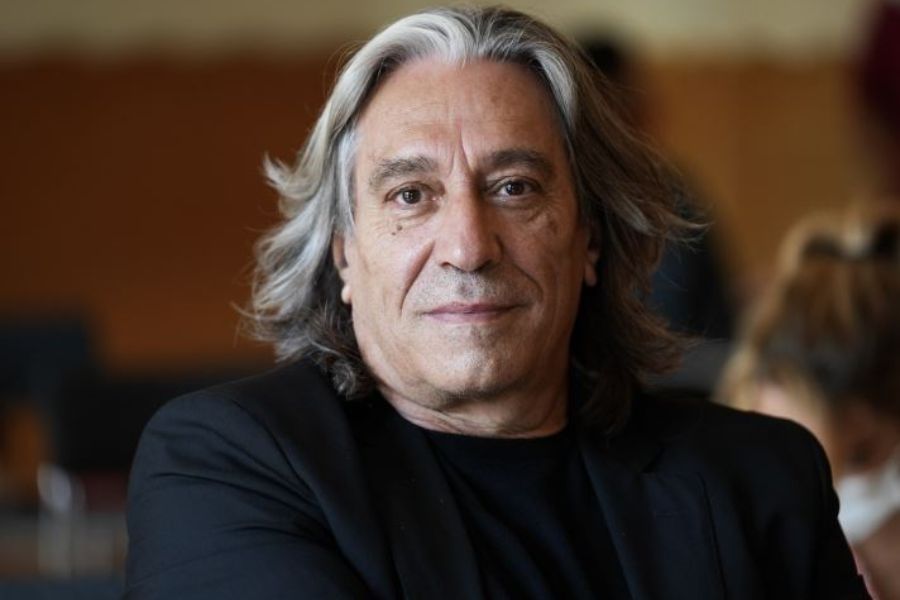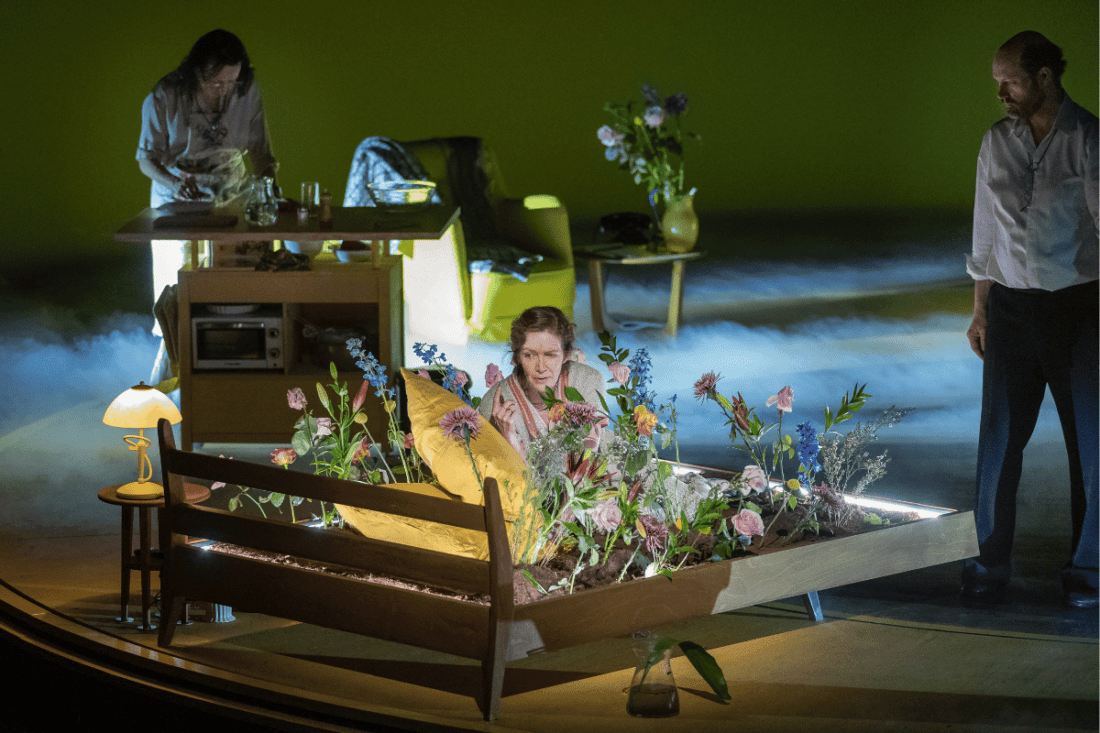El Grec 2025: transversal, contemporary, international and committed
The Palau de la Virreina has a new tenant. The headquarters of the Grec Festival in Barcelona has been hosting, since this spring, the art historian, musicologist and cultural manager Leticia Martin (Granada, 1978). Martín won the competition to direct this great performing arts festival in the city for the next five years. His project was the most highly rated, with a budget of around 3.5 million euros. She welcomes us excitedly, explaining that she wants the contest to generate “spaces for emotion, arousing the public’s curiosity and offering gifts for the soul”.

Leticia Martin
With a multifaceted professional profile, Leticia Martín is an expert in running both alternative companies and public and private cultural institutions, such as the SGAE Foundation, the Tritó Publishing House, the Teatros del Canal de Madrid or the International Music and Dance Festival of San Lorenzo del Escorial. In recent years, she has been attached to the management of the Gran Teatre del Liceu de Barcelona, where she also worked as production director. Now, this enthusiastic and veteran manager prepares a Grec with the following ingredients:
Fidelity to the artistic legacy of the festival
Leticia Martín defines herself as a spectator of all kinds of shows, a spirit that will mark the festival with a program that “will not have any transcendent changes” with respect to the lines of its predecessors. The transition with the last director, Francesc Casadesúshas been “very calm and comfortable”. Together they have worked to maintain artistic and institutional relations with the professional sector and other national and international festivals. Martín promises a program demanding in quality and “very transversal” so that it reaches the whole city. There will be shows for the faithful of the festival, but also to attract an audience that has never attended.
Despite having carte blanche to schedule, Xavier MarcéCouncilor for Culture of the Barcelona City Council, has stated that “artistic instructions of any kind are not given in this house”. The only exception is the inaugural event, where institutional commitments predominate.

Xavier Marcé
The festival model, up for debate
The festival model is once again the subject of debate. Concentrating international shows in Montjuïc contributes to the elitism of the Greek? According to Marcé, it is difficult to balance “the festival effect” with the city’s summer scenic season. Although the number of shows has been progressively reduced, the distribution of the programming raises a “complex debate”. The City Council is committed to decentralizing the festival, but always with artistic proposals that have their own personality, and not just to generate a feeling of celebration.
Contemporary proposals without labels
“There is no correct contemporaneity; modernity is not an artistic line in itself”, says Martín. The new Grec will be a home for contemporary, avant-garde or radical languages, but also for more conventional proposals. Martín rejects labels like “hybrid”, as they can condition the public’s perception. Instead, the festival will emphasize the communication of the pieces to make them more accessible.
Plurality, commitment and international productions
El Grec will opt for a plural program, with artists from all over the world and specific proposals that arouse interest in the contrast. “When you order a library, you make one book make you want to read the next one”, explains Martín. Along these lines, there will not be a fixed leitmotif for the festival, but there will be a commitment to society. Among the main dishes already announced are The Hoursof Michael Cunninghamwith the Internationaal Theater Amsterdam, and the triptych Campaign Theaters of Marc Salicrú.

‘The Hours’ by Michael Cunningham
Commitment to the city and the artists
Far from being a mere exhibition space, El Grec wants to be a cultural engine that boosts the local creative fabric. Martín will work to strengthen collaborations with established artists, such as Marcos Morau, but also to give opportunities to young talents. Aware of the economic uncertainties that are present, it is committed to strengthening public-private relations and coordinating with other institutions to ensure that productions are not only sustainable, but viable in the medium and long term.








